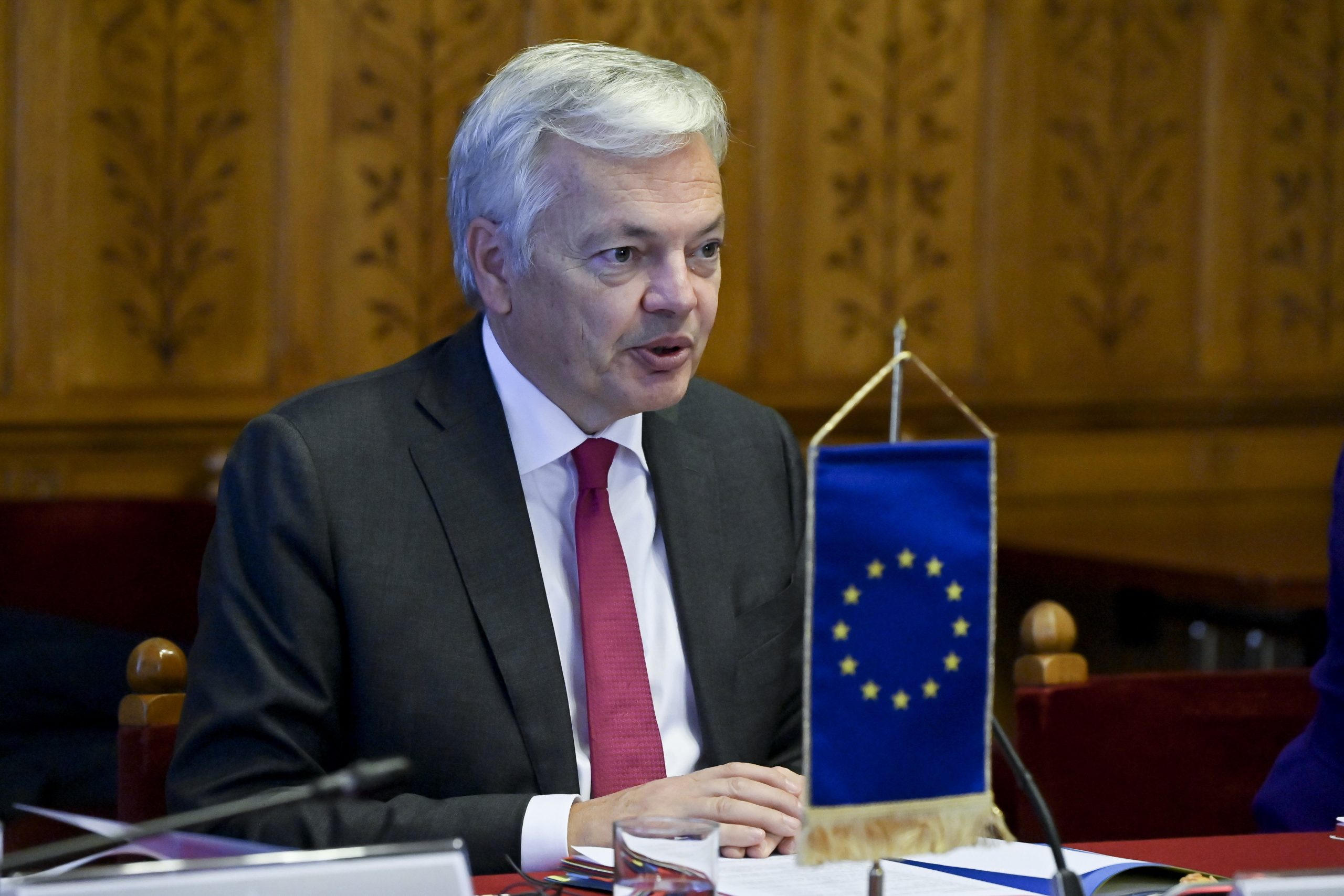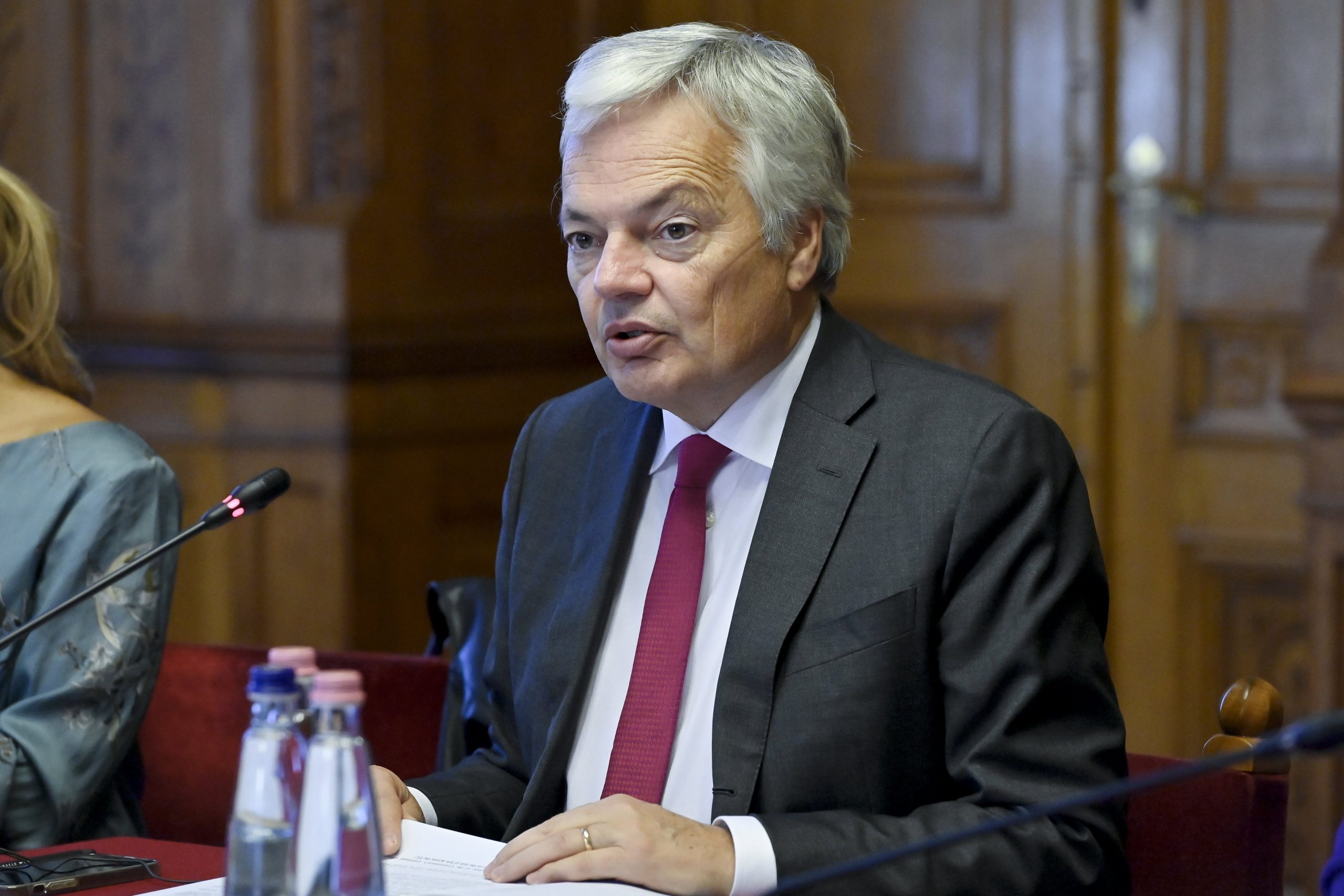
Next year the EC will not only release its findings but also concrete proposals on rule of law issues, and Reynders said the Commission is ready to impose sanctions.Continue reading

European Justice Commissioner Didier Reynders talked about the Commission’s actions against Poland and Hungary in an interview with Politico. The EU’s top justice official acknowledged that Hungary will certainly not face financial penalties over rule-of-law violations until after its parliamentary election.
Regarding Poland, Reynders said that the country is under “real pressure” from the Commission, because in two cases they received unprecedented penalties from the EU’s top court, totaling a EUR 1.5 million daily fine. Poland now faces cuts to its EU budget payments as the country is refusing to pay.
The Commissioner said that most of the Polish government would be ready to comply, but that “the far-right members of the ruling coalition,” in particular the justice minister who is behind the controversial judicial reforms, Zbigniew Ziobro, were not willing to do so.
Reynders believes that there are more problems with Hungary than with Poland, where there are only two main issues: the independence of judges, and LGBTQ-free zones.
But in Hungary, the EU has started legal action over “a laundry list of issues” including concerns about corruption, media and academic freedom, migration and asylum laws, and discrimination against the LGBTQ+ community.
“It’s a broader scope,” he said.
However, the Commissioner also made it clear that Hungary would not face possible financial penalties over rule-of-law violations until after its parliamentary election, scheduled for April 3rd.
There are several reasons for this, according to Reynders, but the most important one is that the Commission is waiting for the European Court of Justice to decide on the legality of the conditionality mechanism (which according to the EC, links EU funding to respect for the rule of law) before acting. The court is scheduled to make a ruling on February 16th.
Also, even if the Commission does choose to withhold Hungary’s funds, it must first go through an extensive back-and-forth period with the country before ultimately submitting a proposal to the EU Council.
Meanwhile, a Commission official told Politico Playbook that the EC will be able to trigger the mechanism “very quickly” after the court’s ruling, however, there will certainly be a discussion on whether it will affect the Hungarian elections before they decide.
Featured photo by Szilárd Koszticsák/MTI